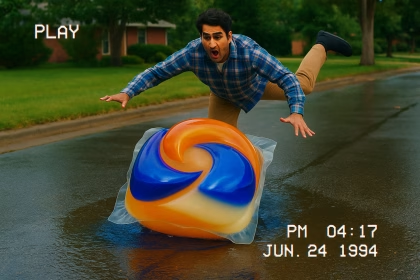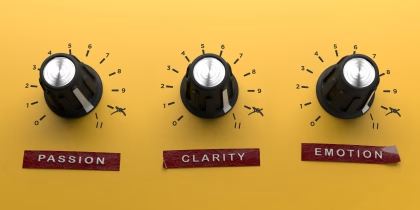We have performed a direct comparison between facial features obtained from a webcam and vigilance-task performance during prolonged wakefulness. Prolonged wakefulness deteriorates working performance due to changes in cognition, emotion, and by delayed response. Facial features can be potentially collected everywhere using webcams located in the workplace. If this type of device can obtain relevant information to predict performance deterioration, this technology can potentially reduce serious accidents and fatality. We extracted 34 facial indices, including head movements, facial expressions, and perceived facial emotions from 20 participants undergoing the psychomotor vigilance task (PVT) over 25 hours. We studied the correlation between facial indices and the performance indices derived from PVT, and evaluated the feasibility of facial indices as detectors of diminished reaction time during the PVT. Furthermore, we tested the feasibility of classifying performance as normal or impaired using several machine learning algorithms with correlated facial indices. Twenty-one indices were found significantly correlated with PVT indices. Pitch, from the head movement indices, and four perceived facial emotions—anger, surprise, sadness, and disgust—exhibited significant correlations with indices of performance. The eye-related facial expression indices showed especially strong correlation and higher feasibility of facial indices as classifiers. Significantly correlated indices were shown to explain more variance than the other indices for most of the classifiers. The facial indices obtained from a webcam strongly correlate with working performance during 25 hours of prolonged wakefulness.
Facial video recordings were obtained using a Logitech C920 HD webcam, placed in front of the participants, on top of the screen. Facial indices were estimated using iMotions with Affectiva







